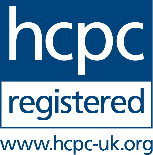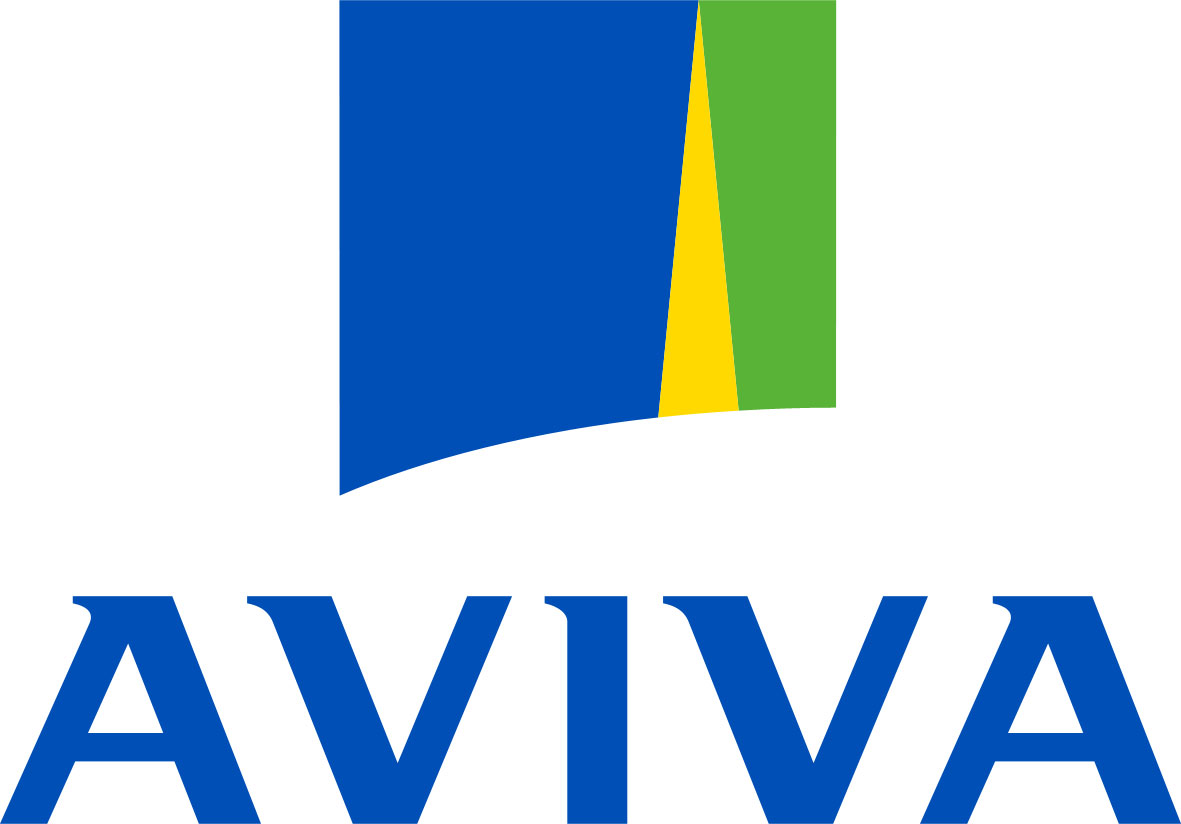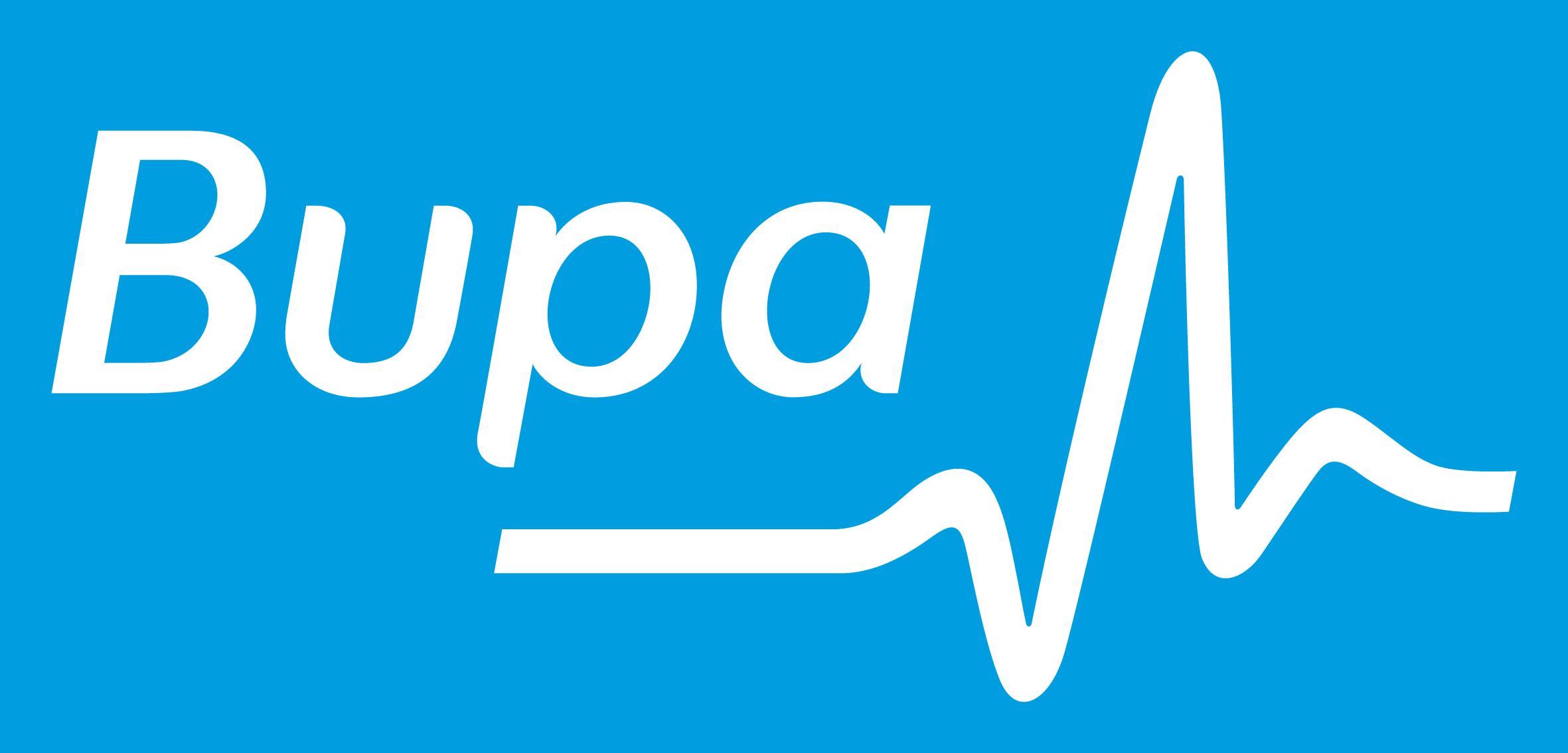What to expect
For most people, making the decision to see a psychologist is a big step. Many feel that talking does not come easily and may be apprehensive about embarking on therapy. For this reason we would usually start with a phone conversation, which will be an opportunity for you to find out more about what psychological therapy involves and it will also give the psychologist an idea of what kind of help and support you might need.
During this initial phone call we can arrange a time to meet where we can discuss things in more detail and decide what type of therapy will be most suitable for you or your child.
What is CBT?
Cognitive Behavioural Therapy is a type of talking therapy that focuses on your thoughts (cognitions) and your behaviour. It is based on the idea that people’s thoughts, behaviour and emotions are all linked. For example, the way we think about a situation can affect the way we feel and the way we act in that situation. If situations are interpreted as negative then you might experience negative emotions as a result, and those bad feelings might lead you to behave in a certain way.
It is easy for negative thinking patterns to develop. In CBT your psychologist will work with you to identify and challenge any negative thinking patterns and behaviours that may be causing you difficulty. We will think together about how these patterns can be changed. We may focus on what’s going on in your life right now, but you may also find it helpful to think about your past experiences to try to identify how these patterns of thinking have developed throughout your life. CBT is a relatively flexible therapy that can be adapted to meet your particular needs.
What type of problems can CBT help with?
The National Institute for Health Care Excellence (NICE) recommends CBT for depression and anxiety in particular. It has also shown to be helpful for anger problems, eating problems, obsessive compulsive disorder (OCD), behaviour problems in children and sleep problems.
What is a CBT session like?
The first session will be an assessment. During this session you will have the opportunity to talk about the problems you are having and your psychologist will help you to think about some goals for therapy. The sessions that follow will make use of CBT techniques to work towards your goals. All sessions will be 50 minutes long.
CBT is often referred to as a collaboration where the client and the therapist work together to explore and uncover links between thoughts, feelings and actions, and to discover patterns and triggers. We will work together to develop new strategies and ways of coping. You may also be asked to try things in between sessions in your own time.
Your psychologist will tailor the CBT to your individual needs. CBT can be adapted for children and adolescents in order for them to get the most out of the therapy.
The number of session required will depend on the nature of the problem(s), but usually a minimum of 6 sessions will be offered.
What is CBT for children?
CBT has been adapted for children of all ages. For younger children the focus will be much more on behaviour and will be done in collaboration with parents. It may involve learning new skills and strategies and this can often be done through drawing and playing.
For older children and adolescents there will be increased focus on thoughts and emotions. They will be introduced to the CBT framework in a way that is suitable for their developmental level.
What about other types of therapy?
Clinical Psychologists are trained in CBT, systemic and psychodynamic approaches and third wave approaches such as ACT, Mindfulness and Compassion Focused Therapy. Usually, CBT sessions will incorporate aspects of other therapy models that we have been trained in. If you would like to know more about this or feel that you could benefit from another type of therapy, please contact us for more information.





